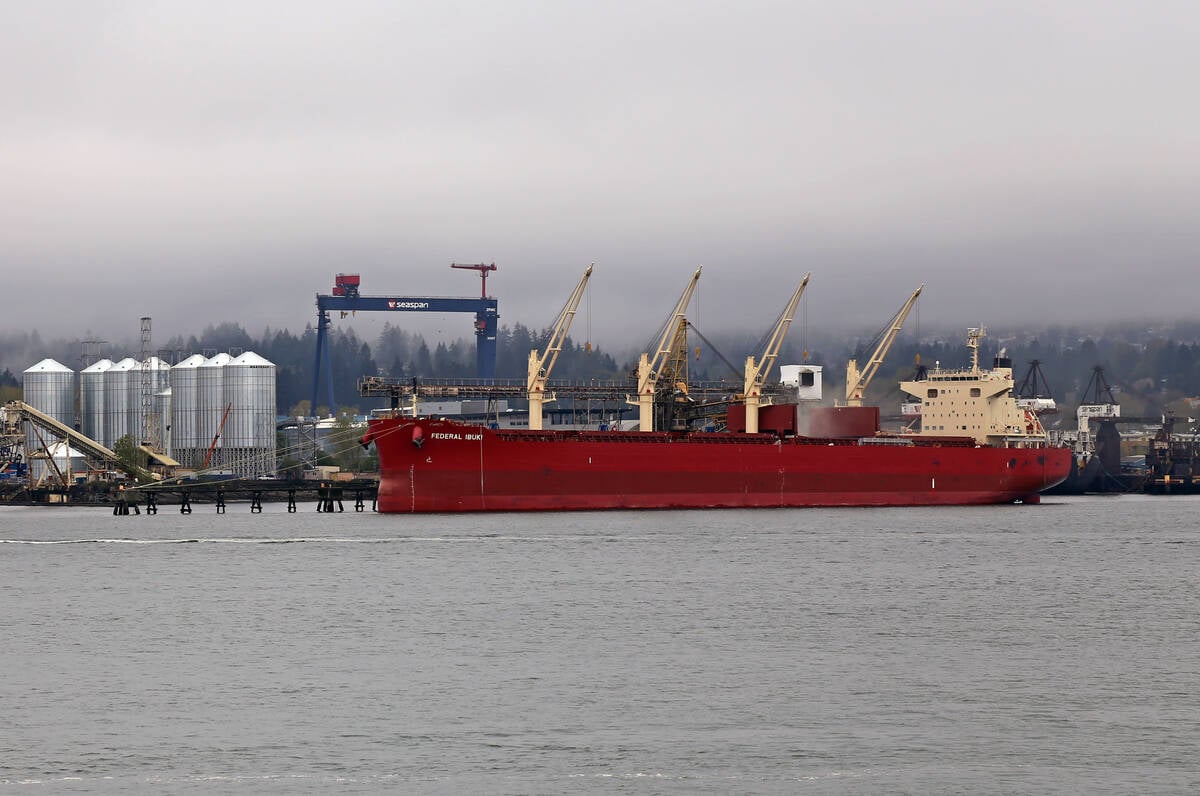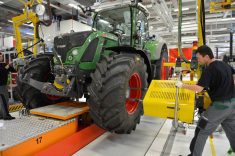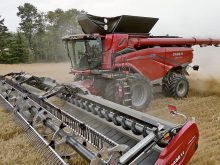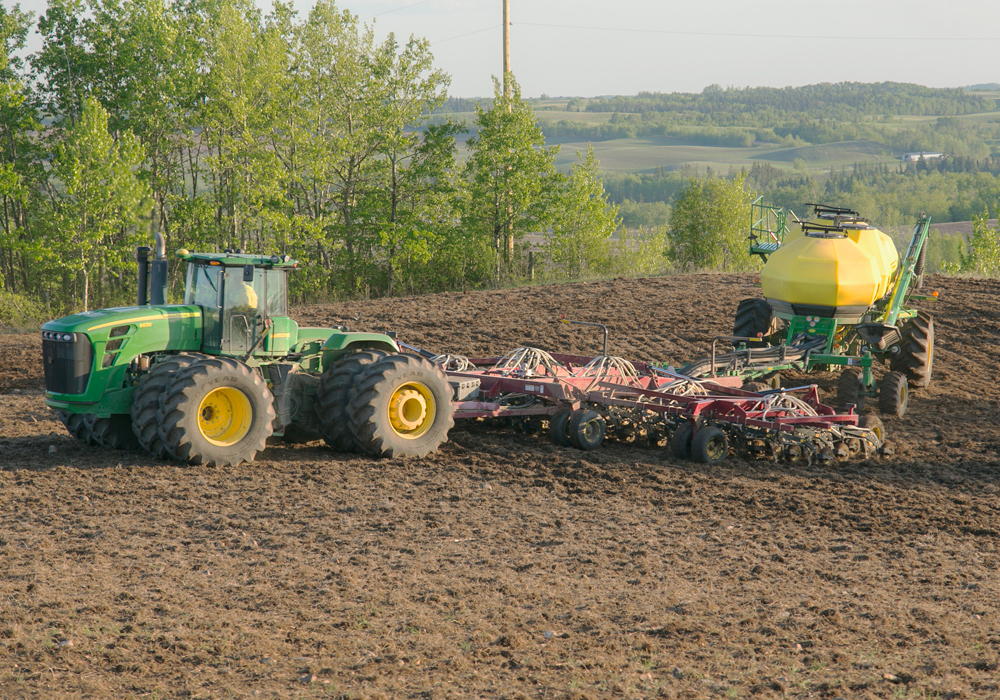MOOSE JAW, Sask. – Food is the original worldwide web, says Wayne Roberts, food activist and Toronto Food Policy Council director.
Throughout history, food has connected humans with other species and brought people together.
In fact, farmers’ markets led to the creation of cities, he said.
In Roman times, farmers would use the place where three roads met to set up their wares. People also posted signs and notices at these crossroads; this became known as trivia, for the Latin tri, as in three, and via, as in way or road.
Read Also

Vancouver port says it has improved efficiency
Grain movement has been strong at the Port of Vancouver due in part to a new centralized scheduling system.
The sites became established as urban centres and, to varying degrees, a disconnect developed between rural producers and urban consumers.
Roberts said that has to change because food binds everyone.
He told the Food Secure Saskatchewan conference that people must reclaim food policy. Neither producers nor consumers have control and that is why so many problems are associated with food.
Take the notion of food scarcity.
“We have a food problem because we do not know how to manage abundance,” he said.
Food is wasted every day because it doesn’t meet a certain standard. Fishermen waste the by-catch, or the species they catch but don’t want, Roberts said. One-third of produce is thrown out because it is “cosmetically challenged.”
He asserts that more money is spent on fashion photography of food than of human models.
The move toward eating locally grown food is one way to way to take back control and build bonds between producers and consumers, he said.
Individuals do this, but Roberts noted that it can be done on a larger scale.
He said post-secondary institutions in North America are the 27th largest economic power in the world.
The University of Toronto is the largest campus among those and a couple of years ago it partnered with Local Food Plus to buy 10 percent of its food from local producers.
“They’re now heading for 25 percent,” Roberts said.
The university food services department pays a premium for local, sustainable food and that has been offset by less waste and a greater respect for growers.
“Food works at many levels of society,” he said.
Gardens build and beautify neighbourhoods, connect seniors who can pass knowledge on to children and promote health.
Roberts said urban public policies can work against those principles.
“In the name of food safety, health inspectors do not allow street vending,” he explained.
Yet this is a way for people to make money, bring food to neighbourhoods that perhaps don’t have grocery stores or restaurants and sell local food.
In the absence of quality, fresh food, fast food outlets move in, and are allowed to do so because they operate under food safety policies.
“Fast food is the consequence,” Roberts noted, “in the name of health.”
There is some progress, however.
Some cities are now allowing backyard chickens. Others have policies that require flat-topped roofs to be green, or gardens.
Some have found innovative ways to use infrastructure that isn’t used year round. During his presentation, he showed a slide featuring a disabled person fishing from the deck of a swimming pool.
If he had his way, there would be a baking oven in every park.
“We have to rediscover the Main Street,” Roberts added. “A busy street needs food.”

















